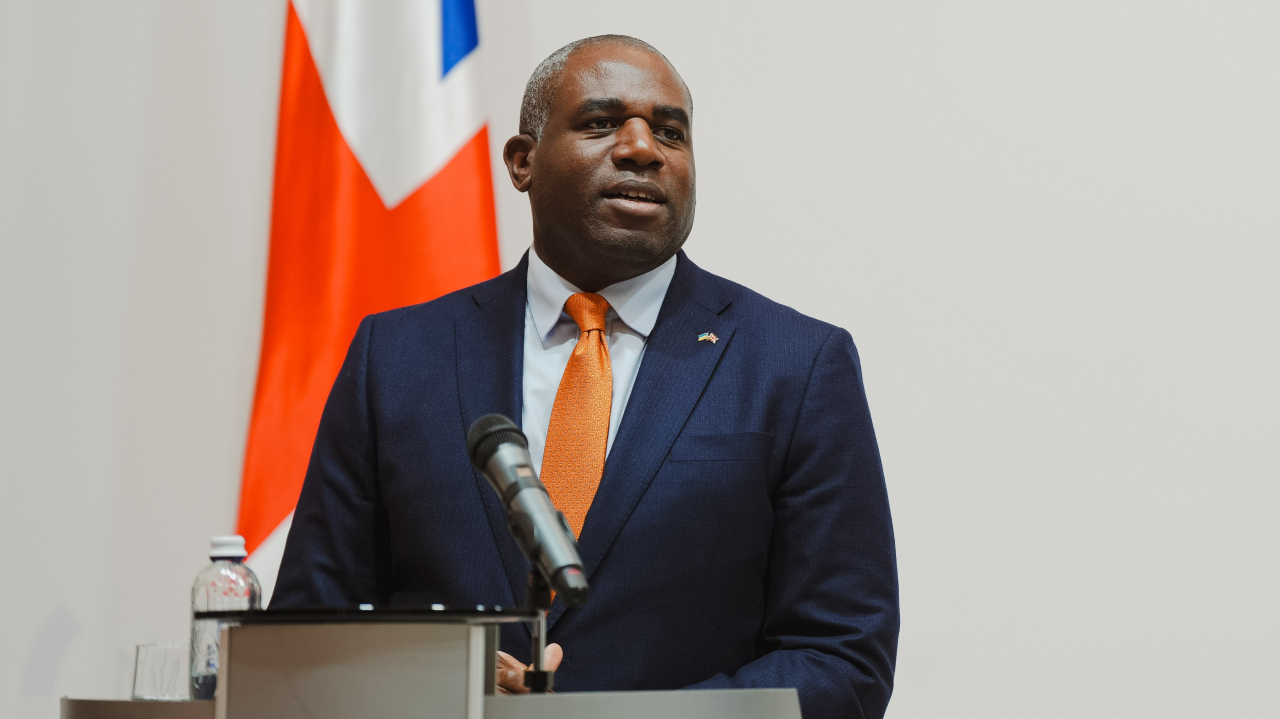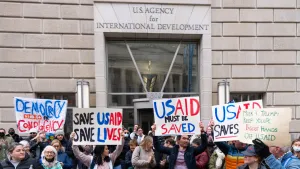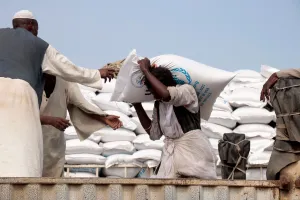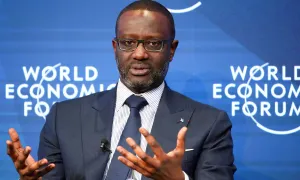The United Kingdom's new Labour administration has signaled its intention to overhaul the country’s global relationships—and Africa is poised to become a central part of this shift.
In his first address as foreign secretary, David Lammy emphasized that the UK would “reset” its approach to global affairs, including its engagement with the "global south." This marks a clear departure from nearly a decade and a half of Conservative foreign policy that, many argue, left the UK increasingly sidelined on the African continent.
During the years of Conservative leadership, the UK’s relationship with Africa weakened significantly. Successive governments underestimated the growing global influence of African nations and neglected the vital role that African migrants play in the British economy. The result: frayed diplomatic ties, weakened trade links, and missed opportunities in strategic partnerships.
Britain's reduced development aid budget added to the strain. Cuts came despite repeated warnings from humanitarian organizations that such actions could deepen crises across East Africa, especially in areas already grappling with drought, conflict, and soaring food prices. Similarly, the BBC World Service—once a cornerstone of the UK’s soft power in Africa—saw drastic cuts that reduced its reach and influence.
While the UK scaled back, global powers such as China and Russia filled the vacuum. China alone provided approximately $153 billion in infrastructure financing to African governments between 2000 and 2019. Meanwhile, Russia has strengthened its military cooperation with several West African states battling jihadist insurgencies, increasingly replacing traditional partners like France. It has also supplied grain to several African nations, partially as a response to the food security disruptions caused by its war in Ukraine.
Other players—including India, Saudi Arabia, and Turkey—have also bolstered their ties with African countries, investing both diplomatically and economically. In contrast, British engagement has appeared stagnant.

This shift in global alignment is particularly significant as African countries hold the keys to the future of green energy. The continent boasts some of the world’s most crucial mineral deposits for the transition to clean technology. The Democratic Republic of the Congo contains more than half of global cobalt reserves, while Zimbabwe and Ghana have emerged as leading producers of lithium, both essential for electric vehicle batteries and other renewable technologies.
Labour, aware of this geopolitical reality, has pledged to recalibrate UK-African relations. The party’s election manifesto acknowledged Africa’s rising political and economic importance and promised to pursue a mutually beneficial approach to partnership.
In the run-up to the general election, Lammy underscored the need for a realistic and pragmatic foreign policy, rooted in recognition of an increasingly "multipolar" global order and the emergence of a new era of geopolitical competition.
There remains a degree of skepticism over whether all these promises will materialize. However, Labour’s early rhetoric signals a notable shift in understanding the continent’s evolving role in global affairs—something Conservative governments often seemed to ignore.
Migration policies under Conservative rule also contributed to deteriorating relations. Recent regulations restricted postgraduate students from bringing dependents, disproportionately affecting African nationals. In 2022, Nigerian citizens accounted for more than 60,000 student visa dependents—the highest number of any country. At the same time, the Home Office drew criticism for launching a work visa scheme that excluded graduates from African universities despite its stated aim of attracting global talent.
These moves, critics argue, were not only discriminatory but also self-defeating. The UK benefits financially from international students, who pay high tuition fees and contribute to the economy through work and taxes, especially if allowed to settle with their families. Preventing them from doing so discourages long-term engagement and weakens Britain's appeal as a destination for African talent.
Looking to the future, demographic trends will only magnify Africa’s global significance. By 2050, the continent is expected to add nearly 800 million people to the global labor force, even as Europe’s working-age population shrinks by over 150 million. For an ageing UK, already grappling with shortages in healthcare workers and other key sectors post-Brexit, young African migrants represent a vital resource.
Labour ministers now have an opportunity to forge a modern, forward-looking relationship with Africa—one grounded in partnership rather than paternalism. This approach would echo initiatives like former Prime Minister Tony Blair’s 2005 Commission for Africa, which engaged African voices in shaping policies on trade, debt, and development.
Whether Labour follows through remains to be seen. But if implemented seriously, the shift could reshape Britain’s presence on the continent and reverse years of neglect, turning a symbolic gesture into a meaningful and strategic pivot.




